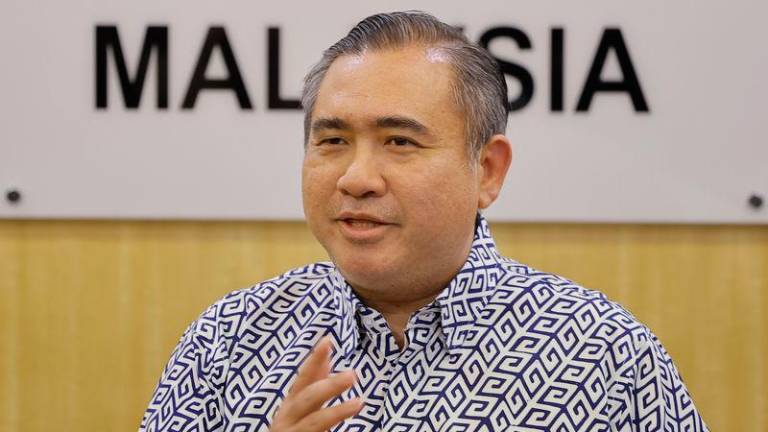PETALING JAYA: A proposal to have the federal government underwrite the cost to upkeep and protect water catchment areas has been dismissed as unsustainable.
Instead, states should work together to find a win-win solution, according to an expert on water issues, and an economist.
Association of Water and Energy Research Malaysia president
S. Piarapakaran said any move by the federal government to provide financial support to a state to protect water catchment areas will prompt other states to make similar demands.
“In the end, what is going to happen to taxpayers’ money? Will it be used to pay for protecting such areas or for infrastructure development?”
He was commenting on a proposal by Penang and Kedah to have the federal government allocate funds to pay for the protection of the Ulu Muda forest reserve.
The Penang Water Supply Corporation said yesterday that it will support Kedah in the state’s move to seek federal compensation for “legally protecting” and “properly conserving” Ulu Muda.
The corporation’s chief executive officer Datuk Jaseni Maidinsa said he “strongly agrees” that Kedah deserves the compensation.
The Ulu Muda water catchment area serves the needs of three states, namely Perlis, Kedah and Penang, which are also part of the Northern Corridor Economic Region (NCER), giving it the moniker “NCER Water Basin”.
Among factors Kedah has cited to support its claim that the federal government should pay for its conservation efforts are that the three northern states have collectively contributed RM147.8 billion to the national gross domestic product and RM16.4 billion in tax revenue since 2019.
Piarapakaran said the idea was first mooted when DAP secretary-general Lim Guan Eng was the finance minister under the Pakatan Harapan (PH) administration. However, the PH government fell before it could be implemented.
He pointed out that Penang is already collecting six sen for every cubic metre of water it harnesses, so there is no reason why it cannot share the responsibility of underwriting the conservation cost.
Penang should pay Kedah an agreed sum of money based on quality of water and if Kedah fails to ensure cleanliness is maintained at a certain level, Penang should be given the right to hold or cut payment, he added.
Sunway University Business School professor of economics Dr Yeah Kim Leng said squabbles between states will undermine investor confidence.
He said Penang and Kedah should work together to find a solution favourable to both sides.
“Instead of getting the federal government to foot the full RM100 million bill, Penang could consider chipping in. The state already charges consumers for water, so there is no harm if it uses some of the money to pay Kedah.”
Yeah said water and land are state matters, but the federal government could help out by providing extra allocations under a green initiative.
Protecting forests that have multiple uses will help safeguard the environment, he said.
Federal allocations to states remain insufficient, and ways must be found to raise the amount of money each state needs, he added.
Yeah said starting an environmental protection fund can be one way forward as it will help states protect their forests and ease problems among states.
“It is time for states and the federal government to discuss environmental issues, especially when it comes to water which is an essential commodity.”










